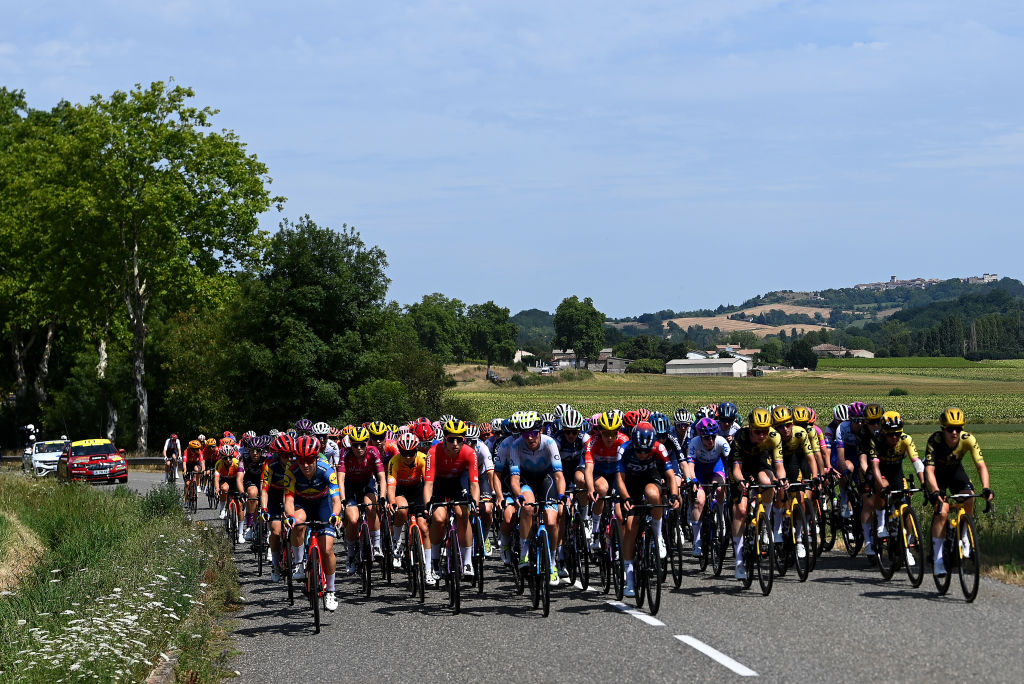The Cyclists’ Alliance (TCA) released the final results of their annual rider survey, revealing an increase in concern for safety at races and a broader disparity among individuals who race on the World Tour level and those on lower-tier teams.
While riders polled from the 15 squads of the Women’s WorldTour saw income growth, the survey found wider income gaps among other rider and more riders without salaries. A total of 25% of all respondents said they received no salary or income, which is up slightly from 23% in 2022.
Disparities are broader from respondents who compete outside the World Tour, as 41% said they have been unpaid or have no salary. More than 70% of riders outside the WorldTour earned less than €10,000 a year, which is less than minimum wage in most countries, the TCA noted.
“In road cycling, the wage gap between the World Tour and Continental riders continues to widen,” the full report noted as a cause for concern with salaries.
“The growing disparity between riders who earn a salary and those who don’t makes it more difficult for riders to compete on a level playing field.”
The UCI increased minimum salaries for Women’s WorldTeams in 2023 to €32,102 (employed) / €52,647 (self-employed) in 2023. The salary structure also included a neo-pro minimum salary of €26,849 (employed) / €44,032 (self-employed). From the WorldTour respondents, 34% said they earn more than €50,000, which is up 11% from 2022.
While the majority of respondents recognised “financial reasons” for leaving the sport in the future, 35% were concerned about physical safety, and many noted “racing is too dangerous”.
There have been a number of rider protests at women’s, and men’s, races this year about safety. In June, the CIC-Tour Feminin International des Pyrénées 2023 was called off after two stages over safety concerns. In August, the men’s peloton delayed the stage 2 of the Vuelta a España over an unsafe finish and GC times were taken 9km from the end of the route.
The survey, conducted for a sixth time in June 2023, represented input from 140 women in the professional ranks across 31 countries and regions, who had experience from 56 cycling teams and five cycling disciplines. The majority of respondents had raced in the professional ranks for three or more years. It is the only survey that is carried out annually for international professional women’s cycling, gathering direct quantitative and qualitative feedback from pro…
Click Here to Read the Full Original Article at CyclingNews RSS Feed…

